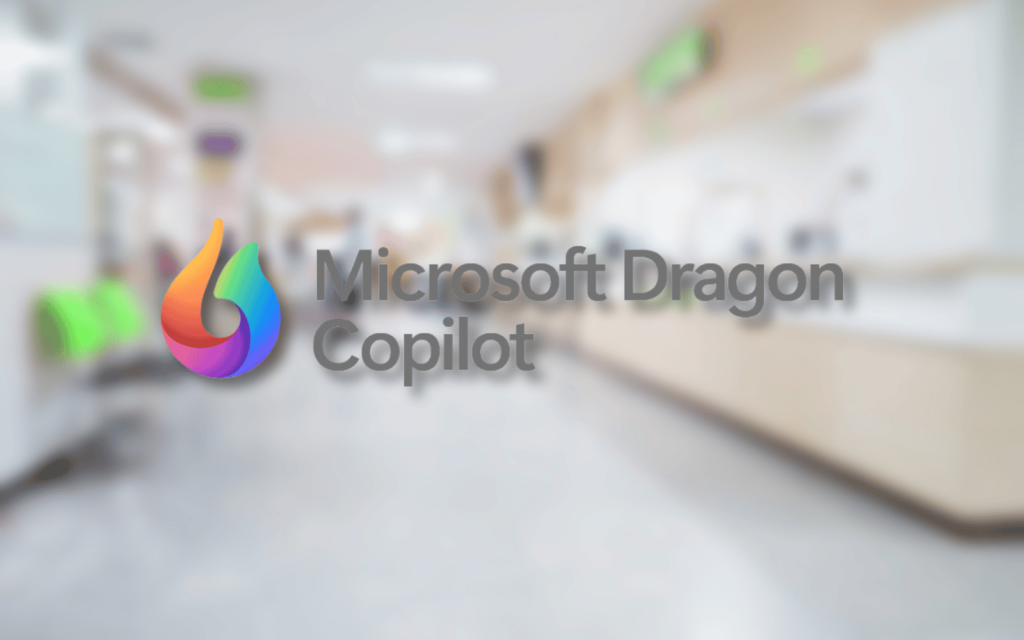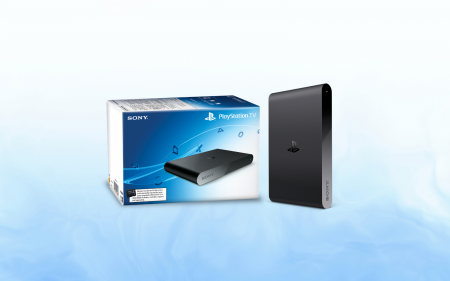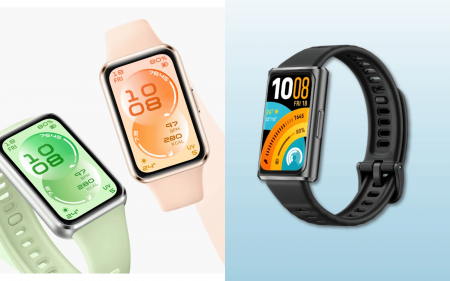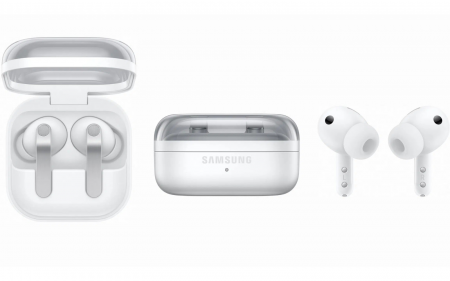Not content with its standard Copilot, Microsoft has unveiled Dragon Copilot, an artificial intelligence assistant specifically for healthcare professionals. It won’t perform diagnosis or anything especially complicated of that nature, but it will perform administration tasks so doctors can get on with being… doctors.
Microsoft makes Dragon Copilot sound like the best thing since sliced modem cables, but that’s the company’s job. The coolest thing about it seems to be the name, while the rest of the AI assistant’s functions aren’t dissimilar to existing software suites for medical professionals.
Medical Microsoft
The major buzzword here is AI, which is supposed to help “document care, navigate electronic health record (EHR) workflows, and perform other administrative tasks.” This would be more impressive if Microsof hadn’t simply folded in existing software packages DMO (which uses voice recognition to create patient notes) and DAX (a medical-specific generative AI model) under the Dragon Copilot banner.
As to what it actually does, that’s easier to define. It takes notes via a voice interface while customising formatting and offering various editing and template options, with a little added AI spice. You know, all the stuff Office 365 does right now that you don’t actually use.
It’ll also offer doctors and other medical pros access to “surface information”. That means it’ll perform Google (or Bing or ChatGPT) searches in order to assist with diagnoses. It’ll only draw information from “trusted content sources” so there’s no possible way this could end badly. /s
It’ll also automate various administrative tasks like referral letters, visit summaries, and conversational orders — all functions that weren’t possible before the addition of the processor-heavy artificial intelligence layer we’ve all come to find entirely essential to our lives. //s
Microsoft plans to make Dragon Copilot available in the US and Canada in May this year, followed by several European markets later in 2025.




